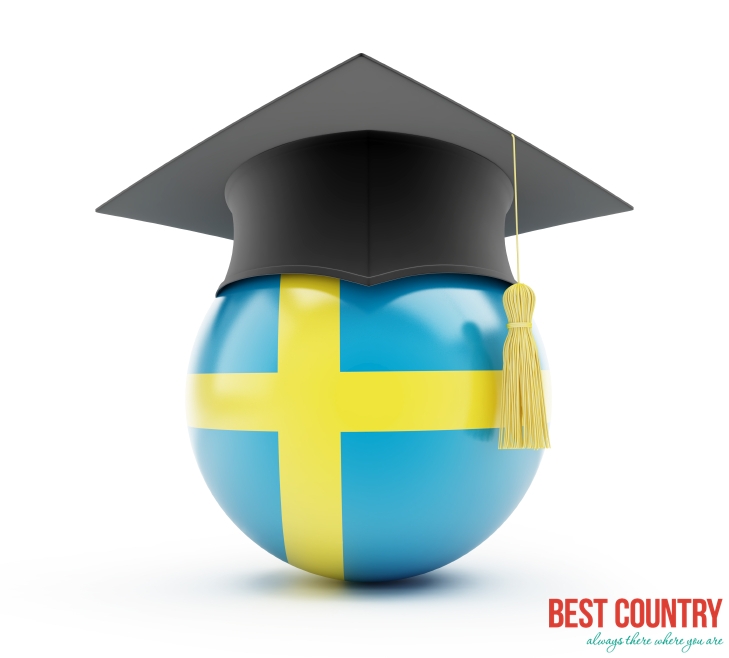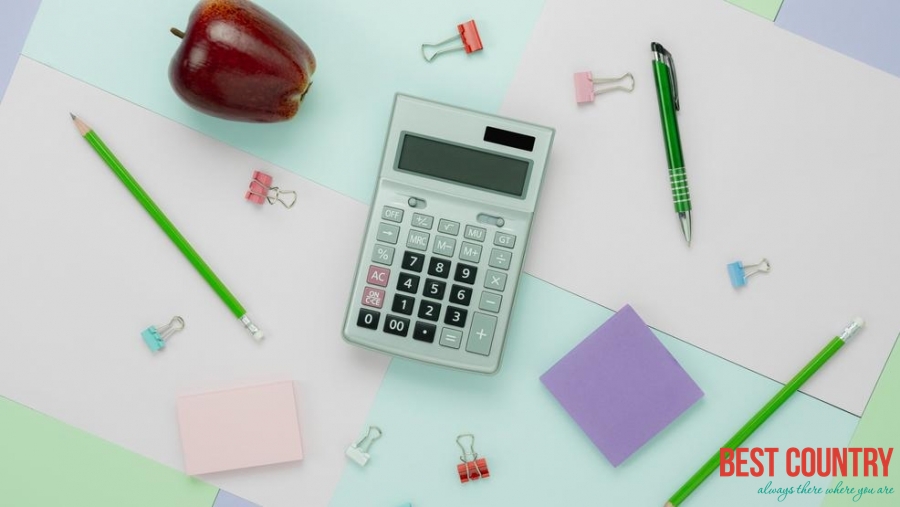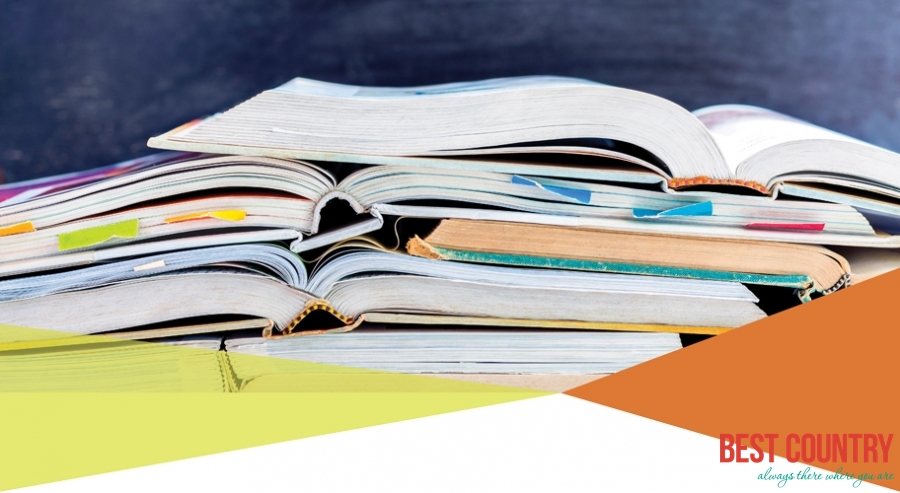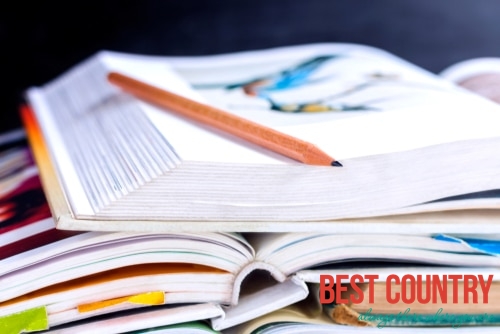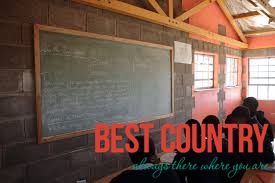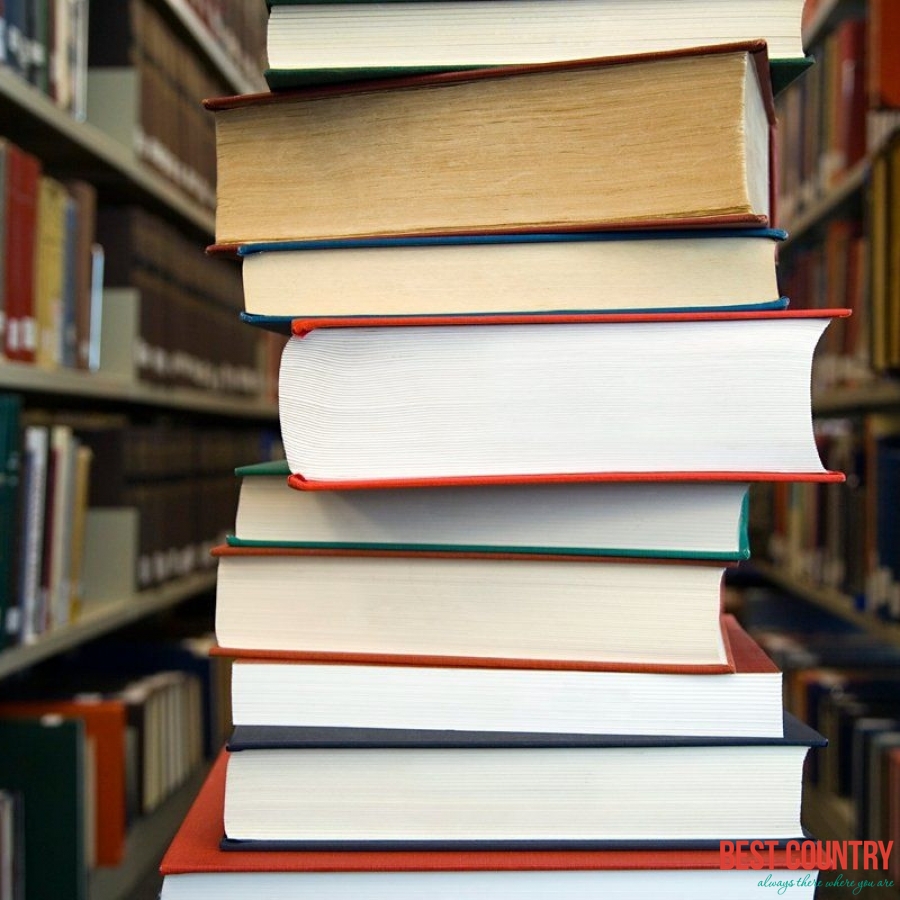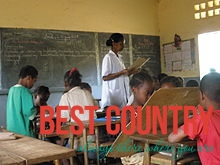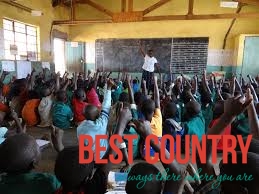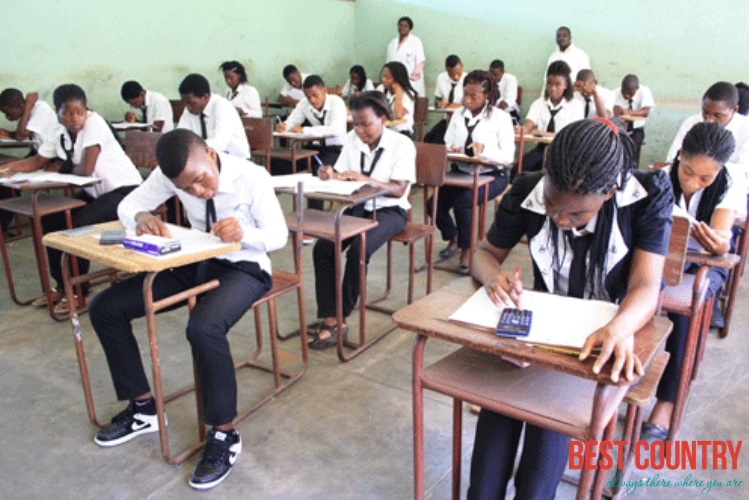Education in the different countries
Swedish education
The quality of Swedish education has been keenly debated over the past decade. As a result, Sweden has implemented school reforms in recent years to improve results and raise the status of the teaching profession.
Education System in Myanmar
In Myanmar once also known as Burma decades of political conflict have reduced a once-proud education system to one that is lagging sadly. The quality of school teachers may be excellent, however aging materials sadly let them down.
Education System in Nepal
Nepal has ambitious plans in place to turn education around by 2015 and ensure that every Nepalese child has an equal chance.
Education in Ivory Coast
Education in Ivory Coast continues to face many challenges. The literacy rate for adults remains low: in 2000, it was estimated that only 48.7% of the total population was literate (60.8% of males and 38.6% of females).
Education in Lesotho
Education in Lesotho has undergone a transformation in recent years, meaning that primary education is now free, universal, and compulsory.
Education in Liberia
Education in Liberia was severely affected by the First Liberian Civil War and Second Liberian Civil War, between 1989 and 2003. In 2010, the literacy rate of Liberia was estimated at 60.8% (64.80% for males and 56.8% for females).
Education in Libya
Primary education is both free and compulsory in Libya. Children between the ages of 6 and 15 attend primary school and then attend secondary school for three additional years (15- to 18-year-olds). According to figures reported for the year 2000, approximately 766,807 students attended primary school and had 97,334 teachers; approximately 717,000 students were enrolled in secondary, technical, and vocational schools; and about 287,172 students were enrolled in Libya’s universities.
Education in Mauritius
Education in Mauritius is managed by the Ministry of Education & Human Resources, which controls the development and administration of state schools funded by government, but also has an advisory and supervisory role in respect of private schools.
Education System in Mauritania
Mauritanian education begins at the pre-primary level where children aged 4 to 6 attend Koranic school where they are encouraged to memorize verses from the Koran. At age 6 they enter formal education which is compulsory and supposed to be free for all.
Education in Madagascar
Although education is free and compulsory between the ages of 6 and 13, there is still a considerable degree of illiteracy.
Education in Malawi
Education in Malawi no longer stresses academic preparation leading to access to secondary school and universities, rather the stress is now on agriculture and practical training since few students go on to high school or university and most begin work immediately after primary school.
Education in Morocco
Morocco has made significant strides in education over the past decades. The Government allocates about 26% of its annual budget for education. The education system in Morocco has undergone several reform and unification programmes in an effort to reduce regional differences in quality and standards, and to ensure universal access to education throughout the country.
Education System in Mozambique
Education is compulsory in Mozambique for the introductory seven years of it, although an alarming number of children to not even get this far. Following a period spent in pre-primary crèche which is optional, they may spend 2 years at jardin infantil followed by another 5 at primary school, which completes the compulsory period.
Education in Namibia
The Namibian education system has been evolving since the nation achieved independence, although the dream of equal education for all remains tantalizingly unreached. A program of pre-primary education is unrolling, and is hoped to be completed by 2013. Pupils spend their first 7 years at primary school from age 6, where they are promoted from grade to grade on the basis of competencies.
